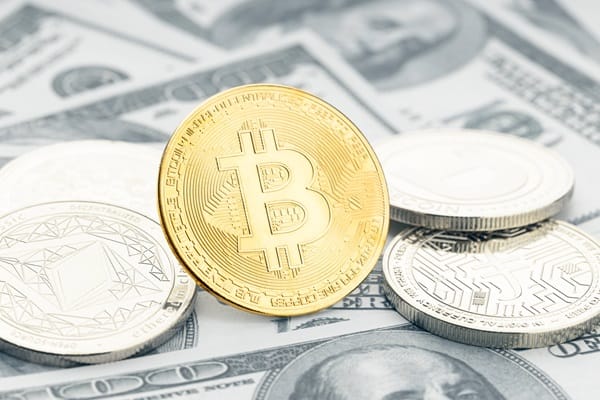Bitcoin continues to hover around $90,000, amid a backdrop of high volatility driven by international trade uncertainties.
The recent imposition of tariffs by the United States on Mexico, Canada, and China has increased market caution, with investors maintaining a defensive stance toward risk assets, including cryptocurrencies.
This week, Bitcoin-focused ETFs saw a significant capital outflow, exceeding $217 million.
However, a partial recovery was observed yesterday with $22 million in inflows, signaling some resilience in institutional demand.
The sustainability of these inflows will be crucial in providing short-term price support.
Market attention is now focused on the Crypto Summit hosted by the White House this Friday, led by President Donald Trump. This event, which will bring together key industry leaders such as the CEO of Coinbase and the co-founders of Chainlink and MicroStrategy, is generating high expectations for potential regulatory announcements.
A favorable stance toward the crypto sector could significantly boost the value of Bitcoin and other cryptocurrencies; however, the absence of explicit support could exacerbate selling pressure.
At the same time, rumors about a potential strategic Bitcoin acquisition by the U.S. government have added speculation to the market. Reports suggest that the Trump administration could announce an ambitious plan to acquire up to 200,000 BTC annually over five years, creating a strategic reserve aimed at strengthening national financial security and hedging against global economic volatility. This move could provide a significant boost to the market, though it also raises concerns about potential price disruptions and greater regulatory uncertainty.
Finally, the monthly Non-Farm Payrolls report, set to be released tomorrow, adds another layer of complexity to the cryptocurrency market. While a labor market slowdown is traditionally seen as positive for Bitcoin due to expectations of Fed interest rate cuts, the current economic environment shows clear signs of deterioration in U.S. exceptionalism. In this context, the possibility exists that bad news may actually be interpreted negatively, increasing volatility and affecting the valuation of risk assets like Bitcoin.








